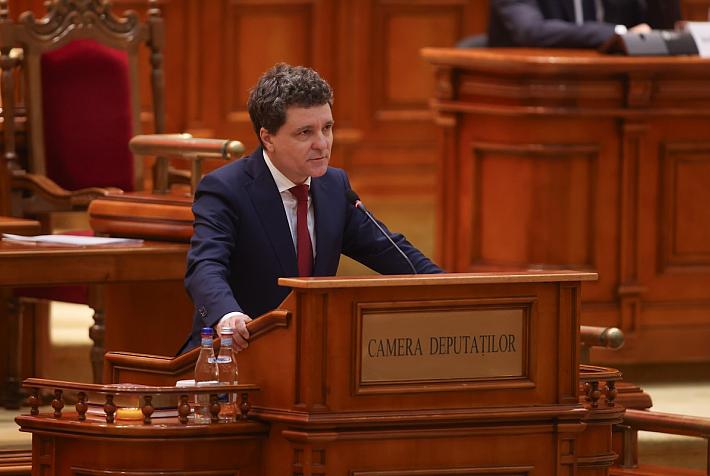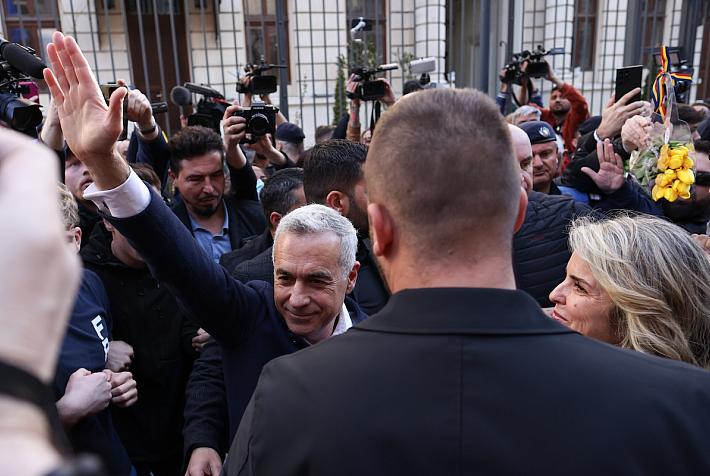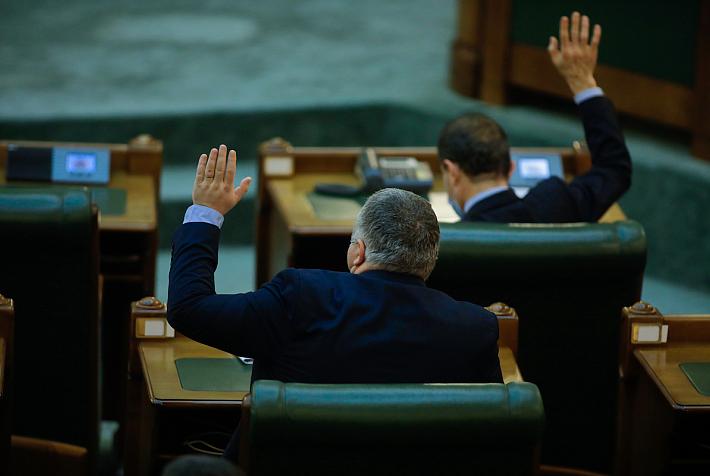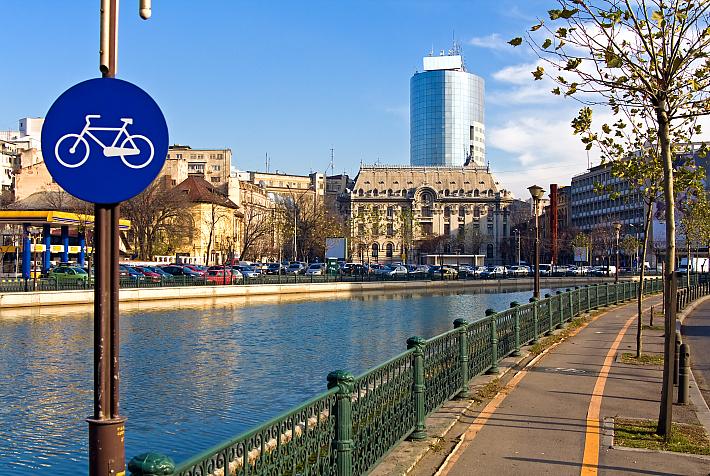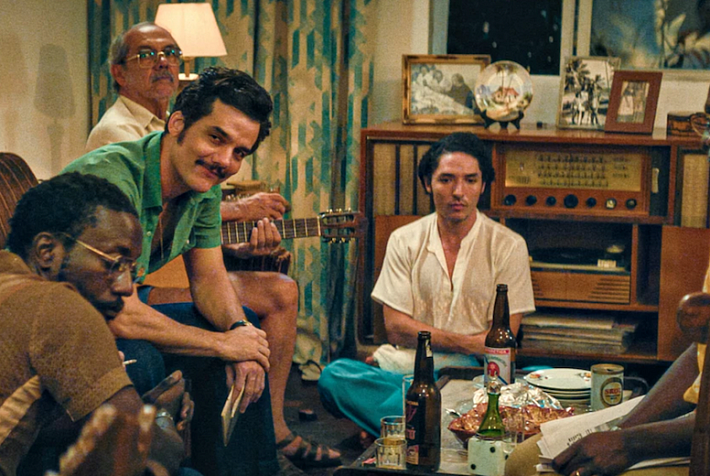Famous Romanians: The musician, the scientist and the diplomat

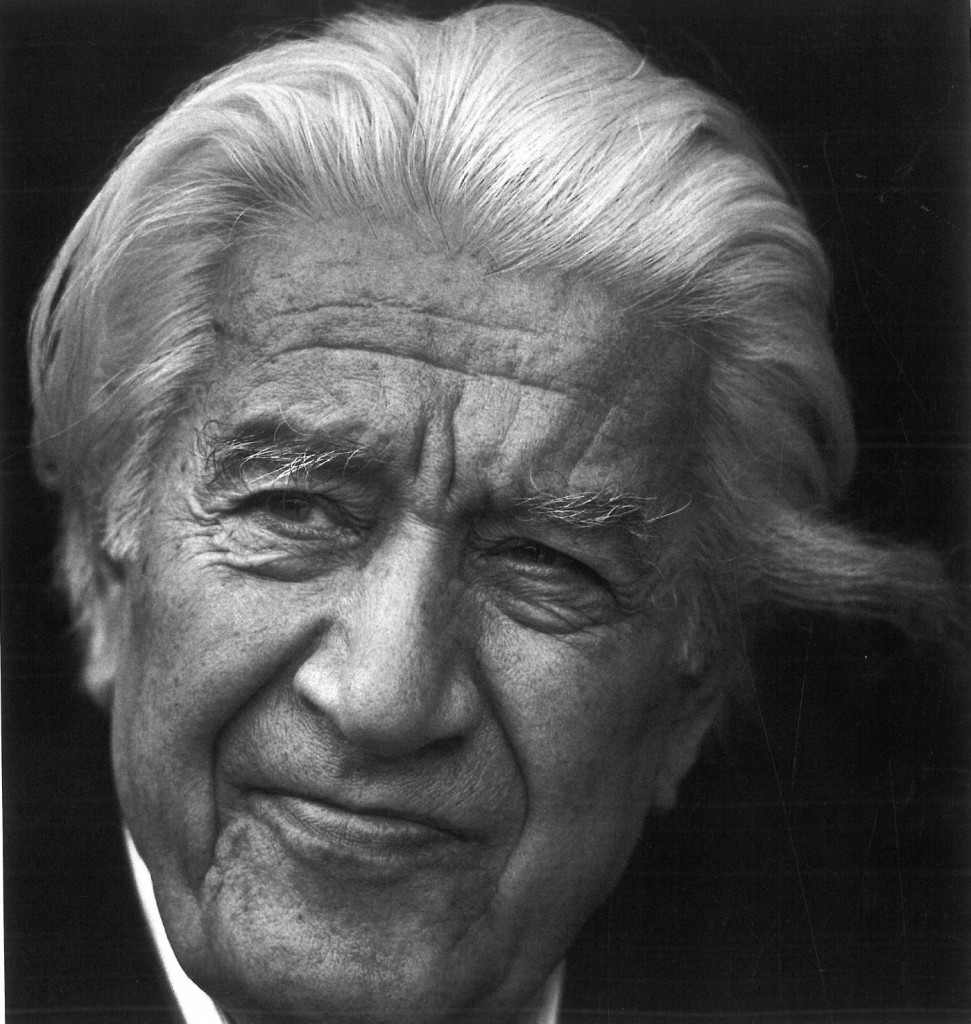 Continuing the series of Romanians that make us proud, guest writer Mariana Ganea re-discovers Sergiu Celibidache, George Emil Palade and Nicolae Titulescu.
Continuing the series of Romanians that make us proud, guest writer Mariana Ganea re-discovers Sergiu Celibidache, George Emil Palade and Nicolae Titulescu.
Sergiu Celibidache was one of the most important conductors of the 20th century, a well known and appreciated professor and a composer. He was born in 1912 in the city of Roman, an old city of the historical region of Moldavia, in Neamt County, in Eastearn Romania. Sergiu Celibidache studied in his native town then he moved to Iasi, the old capital of Moldavia, where he took his first piano and composition lessons, but, after a period of time he signed up for Philosophy and Mathematics courses at Bucharest University. In 1936 he went to Berlin to the Music Academy and continued to study Philosophy. In 1945 he become pro tempore conductor of the Berlin Philarmonica, replacing Wilhelm Furtwangler, who was suspended because of his collaboration with the Nazi Party during the Second World War.
Until 1954, when the position was given to Herbert von Karajan, Sergiu Celibidache conducted more than 400 performances. He was invited to perform as conductor for many famous European orchestras: Radio Orchestra of Stuttgart, Paris National Orchestra, Radio Symphonic and Orchestra of Stockholm. Between 1960 and 1962 he trained young people in the art of conducting at Accademia Musicale Chigiana (Sienna, Italy), Fointainebleu (Paris – France) and Munich (Germany) being appreciated as a professional but severe professor. In 1979, Sergiu Celibidache became general musical director of the city of Munich and permanent director of Munich Philharmonic Orchestra, turning it in one of the best symphonic orchestras in the world. Sergiu Celibidache was appreciated as a very original, unusual conductor, with various tempos, which generated memorable performances in the concert halls.
He frequently refused to release his performance on commercial recordings during his lifetime claiming that a very good and sensitive listener “couldn’t obtain a transcendental experience outside of the concert hall.” Maybe this idea is the result of his studies and experiences in Zen Buddhism. His performances of post-romantic compositions, especially Bruckner’s symphonies, Ravel and Debussy are well known and appreciated. As well as being a conductor, Sergiu Celibidache was also a composer, he composed four symphonies, one requiem and a piano and orchestra concerto. During his long career, he received many awards: honorary citizen of the city of Munich (1992), honorary member of the Romanian Academy (1992), doctor honoris causa of the Iasi University and Maximillian Order for Science and Art (Germany, 1993). He died aged 84 in 1996 in France, at La Neuville-sur-Essone, in the Loiret area.
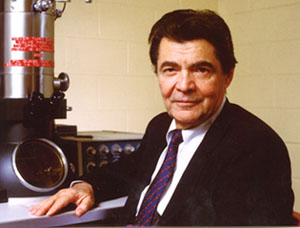 George Emil Palade was the first Romanian to be awarded a Nobel Prize. He was born in 1912 in the city of Iasi. His father was professor of Philosophy at the Iasi University and his mother was a high school teacher. He studied at the Carol Davilla School of Medicine in Bucharest receiving his MD in 1940. He left Romania in 1946 for postdoctoral studies where he joined Professor Albert Claude at the Rockefeller Institute for Medical Research in the US. In 1952, Palade became a citizen of the United States. He continued to work at the Rockefeller Institute (1958–1973), and was a professor at Yale University Medical School (1973–1990), and at the University of California, San Diego (1990–2008). At the University of California, San Diego he was Professor of Medicine in Residence (Emeritus) in the Department of Cellular & Molecular Medicine. George Emil Palade was Dean for Scientific Affairs (Emeritus), in the School of Medicine at La Jolla, California. In 1970, he received the Louisa Gross Horwitz Prize from Columbia University for discoveries into the functional organization of the cell that were of vital importance in the development of modern cellular biology, together with Renato Dulbecco.
George Emil Palade was the first Romanian to be awarded a Nobel Prize. He was born in 1912 in the city of Iasi. His father was professor of Philosophy at the Iasi University and his mother was a high school teacher. He studied at the Carol Davilla School of Medicine in Bucharest receiving his MD in 1940. He left Romania in 1946 for postdoctoral studies where he joined Professor Albert Claude at the Rockefeller Institute for Medical Research in the US. In 1952, Palade became a citizen of the United States. He continued to work at the Rockefeller Institute (1958–1973), and was a professor at Yale University Medical School (1973–1990), and at the University of California, San Diego (1990–2008). At the University of California, San Diego he was Professor of Medicine in Residence (Emeritus) in the Department of Cellular & Molecular Medicine. George Emil Palade was Dean for Scientific Affairs (Emeritus), in the School of Medicine at La Jolla, California. In 1970, he received the Louisa Gross Horwitz Prize from Columbia University for discoveries into the functional organization of the cell that were of vital importance in the development of modern cellular biology, together with Renato Dulbecco.
In 1974 George Emil Palade was awarded the Nobel Prize in Psychology and Medicine. The prize was granted for his innovations in electron microscopy and cell fractionation which together laid the foundations of modern molecular cell biology. He obtained the prize together with Albert Claude and Christian de Duve. A year later in 1988, he was elected an Honorary Member of the Romanian Academy and of the American Romanian Academy of Arts and Sciences. Palade was the first Chairman of the Department of Cell Biology at Yale University, and presently the Chair of Cell Biology at Yale is named The George Palade Professorship. He died in 2008, when he was 96, in the United States.
 Nicolae Titulescu was a well known Romanian diplomat, foreign minister and two times President of the General Assembly of the League of Nations (1930-1932). He was born in 1882 in the city of Craiova ( in South Western Romania, in the historical region of Oltenia). He graduated with honors the Carol I High School from his native town and then studied law in Paris. In 1905, he returned to Romania and became professor of law at the University of Iasi and two years later he moved to the capital Bucharest.
Nicolae Titulescu was a well known Romanian diplomat, foreign minister and two times President of the General Assembly of the League of Nations (1930-1932). He was born in 1882 in the city of Craiova ( in South Western Romania, in the historical region of Oltenia). He graduated with honors the Carol I High School from his native town and then studied law in Paris. In 1905, he returned to Romania and became professor of law at the University of Iasi and two years later he moved to the capital Bucharest.
In 1912 he became an MP with the Conservative Democrat Party and five years later became Minister of Finance in the Ion I Bratianu government. In 1918 he formed the National Romanian Committee in Paris together with other important Romanian personalities. This Committee was created with the main purpose of promoting internationally the right of the Romanian people to national unity. From 1921 Titulescu was Romania's permanent representative to the League of Nations in Geneva. Between 1927-1928, he was the Minister of Foreign Affairs. In 1930 and 1931 he was chosen to be the President of the League of Nations. In this position he fought for the preservation of stable borders through the maintenance of peace, for good relations between large and small states, for the respect of the sovereignty and the equality of all nations in the international community, for collective security, and the prevention of aggression. He took a very tough position when in 1936 the Fascist Italian troops invaded Ethiopia.
After 1936, at the special request of the King Carol II, Titulescu left Romania exiling firstly in Switzerland and, after in France. While in exile, Nicolae Titulescu continued through conferences and newspaper articles to promote the idea of preserving peace, as he perceived the danger of a war. He went back to Romania in November 1937, only to return to France the same year. In 1941, Nicolae Titulescu died in Cannes following a long illness. In his will, he asked to be buried in Romania. In March 1992, two years after the Romanian revolution, his remains were reburied in the Sfanta Ecaterina cemetery in the old Romanian part of the city of Brasov, called Scheii Brasovului.
By Mariana Ganea, Guest Writer






